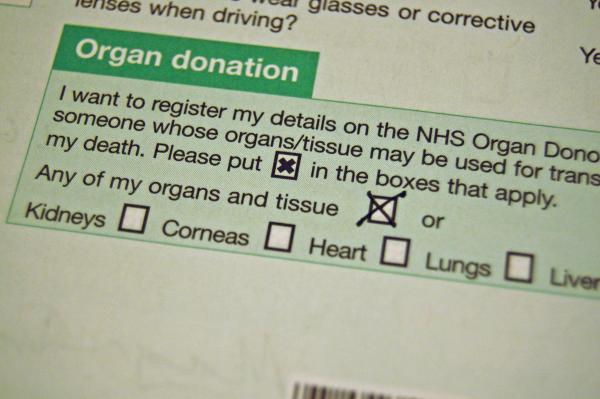A new law passed by a slim margin in the Netherlands reflexively making anyone over the age of 18 an organ donor, compelling them to have to take specific action to opt out. This donor default baseline set to take effect in 2020 is already in place in Belgium and Spain, though in the latter is often voided if family members object. It is in stark contrast to current United States policy which necessitates an opt-in or expressed consent.
Advocates say
Such “presumed consent” laws are in vogue as an effort to fix shortages in organ donations in the Netherlands. Each person will receive a registered letter asking his preference. If he fails to respond or six weeks passes, then he will automatically enter the pool. Apparently, this can be rescinded at any time.
Those in support emphasize that this legislation helps grieving families who are often unexpectedly put in a position to make such devastating decisions without much notice. This places an undue burden on them in the event of a sudden loss of a loved one.
Would and should such a policy fly in the United States?
Fundamental to the physician-patient relationship is providing truly informed consent. Being coercive in such dialogues is antithetical to the basic tenets of the profession. So, from a physician standpoint, there are many reasons there are many moments (including checks and balances) to pause and reflect in the organ donor and recipient process to avoid ethical violations and undue influence.
When viewing through that lens, such a law that urges or nudges so powerful and personal a choice seems a bit unsavory. Then comes concern over the practicality of reversing a donor status in a world where innumerable issues of interoperability with electronic medical records and fragmentation of records abound.
Fortunately, it seems, according to the United Network for Organ Sharing (UNOS),
“Deceased organ donors in United States exceeded 10,000 for first time in 2017… For the year, organs were recovered from 10,281 donors, representing a 3.1 percent increase over 2016 and an increase of 27 percent since 2007… This total is a 3.4 percent increase over 2016 and marks the fifth consecutive record-setting year for transplants in the United States. Record number of donor organs were recovered and transplants occurred for each of the four most common organs transplanted – kidney, liver, heart and lung.”
Organ donation can be a very complex choice for many people, often involving multiple conversations with their primary caregiver and loved ones. It is an extraordinary thing that rates keep increasing in the U.S. suggesting an environment and culture in favor of the decision. Though there is room for improvement given those still waiting for lifesaving measures, the trajectory of the trends in organ donation here is quite promising. This likely makes such a law not as pressing in nature as our European counterparts.
Many already assenting to being an organ donor wouldn’t necessarily be impacted by such legal nuances. But, such actions can be a slippery slope for those wavering or internally conflicted or with fears that heroic measures won’t be enacted under such circumstances. Regulating what to do with one’s body could have a sobering negative influence for those on the fence. Impelling someone to do something before they may be ready can be a myopic path with often longer-term deleterious effects.
Though organ donation is a truly wondrous gift and should be encouraged, a person’s opting to do so should be purely autonomous and fully informed.



